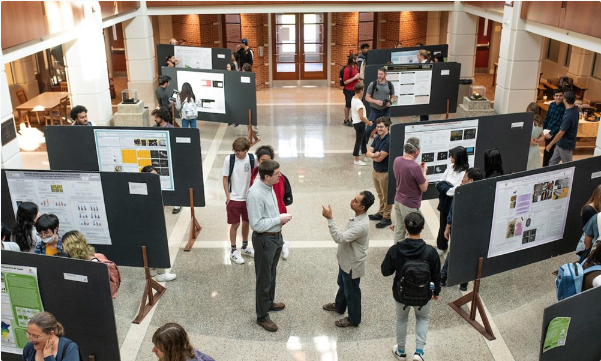Document Type
Article
Publication Date
Spring 2021
Abstract
Among the many concerns of social media, “sharenting,” or parents oversharing about their children online, is becoming increasingly prevalent. Millions of children are growing up on the internet with little-to-no control of their digital narrative, instead becoming fashionable or even lucrative props on their parent’s social media platforms. The purpose of the study was to explore how much and what type of sharenting parents post on social media. This study explores five key elements of sharenting through a content analysis. Researchers coded 10 Instagram mom meso-influencer accounts within a 30-day timeframe and determined how many posts were embarrassing, intrusive, revealing, child sponsorship, or personally identifiable information. Over half of all content coded was coded as sharenting. Researchers found that individually, over half of almost every meso-influencers’ content was coded as sharenting, albeit outliers. The most frequently seen type of sharenting was not one of the five key elements. Instead, the existence of more than one element was observed most frequently among posts. In conclusion, social media users should be cognizant of how widespread sharenting is throughout various corners of Instagram and other platforms. From a communication ethics standpoint, users are recommended to proceed with caution before engaging with sharenting content due to its dehumanizing nature.
Recommended Citation
McTigue, Maddy, "Communication Ethics of “Sharenting” : A Content Analysis of Instagram Mom Meso-Influencers" (2021). Student Research
. 37, Scholarly and Creative Work from DePauw University.
https://scholarship.depauw.edu/studentresearchother/37









Comments
Winner of the 2021 Prindle Prize for Ethics in a Thesis.